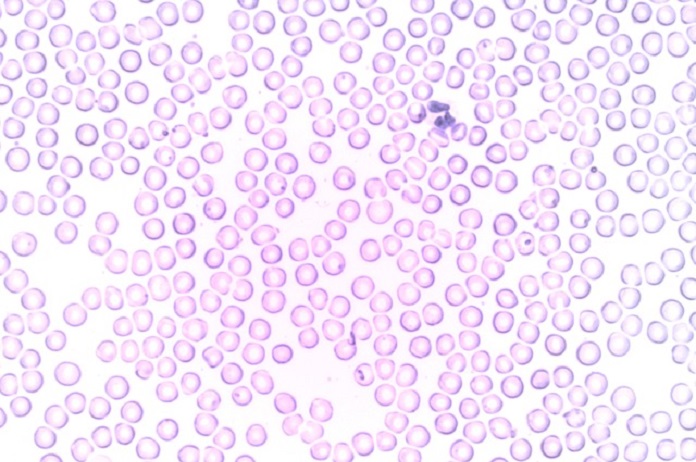A recent study has investigated whether levels of specific immune cells like leukocytes could predict breast cancer risk. A leukocyte is a white blood cell of the immune system that protects the body against infectious disease and is produced in the bone marrow. There are several sub-types of leukocytes, among them are monocytes and B cells. A monocyte is the largest type of leukocyte and can differentiate into other cells. B cells are also known as B lymphocytes and are a type of white blood cell that produces antibodies.
A recent study published in the Journal of the American Medical Association found that specific leukocyte subtypes are associated with breast cancer risk months to years after blood collection. The study group consisted of a small cohort that was taken from the Sister Study – a larger breast cancer study that enrolled over fifty thousand women.
The researchers examined six subtypes of immune cells called leukocytes (white blood cells) and their relationship with breast cancer risk:
- B cells
- Natural killer cells
- CD8 cells
- CD4 T cells
- Monocytes
- Granulocytes
Blood was collected from the women and complete blood cell count data was analyzed. The methylation-derived neutrophil-to-lymphocyte ratio was determined along with the leukocyte proportions. The researchers also looked at leukocyte subtype stability over periods of time and found that the leukocyte subtypes were generally stable.
Increased levels of B cells
The researchers found that circulating proportions of leukocytes called B cells were associated with breast cancer risk, especially among premenopausal women. The women who developed breast cancer were older and less physically active. Age was correlated with natural killer cells but not with B cells. Women with proportions of natural killer cells, CD8, and CD4 T cells greater than the subcohort median were at greater breast cancer risk. Women with elevated granulocytes or CD8 T cells were more likely to experience breast cancer risk four years after blood collection. Basically, those with elevated circulating immune cells like those mentioned above, were at a great risk for breast cancer.
Circulating immune cells are important biomarkers
This study contributes to knowledge of how the immune system may be involved in breast cancer risk. In the future, it may be possible to monitor women for breast cancer risk depending on their immune system profile. According to Kresovich et al, circulating leukocyte profiles may be altered before clinical diagnoses of breast cancer and may be time-dependent markers for breast cancer risk, particularly among pre-menopausal women. It is important to note that this study was largely observational and could only assess the proportions of leukocytes at the time when follow-up began. The effects of leukocyte changes could not be assessed.
References
- Kresovich JKO’Brien KMXu ZWeinberg CRSandler DPTaylor JA. Prediagnostic immune cell profiles and breast cancer. JAMA Netw Open. 2020;3(1):e1919536. doi:10.1001/jamanetworkopen.2019.19536



